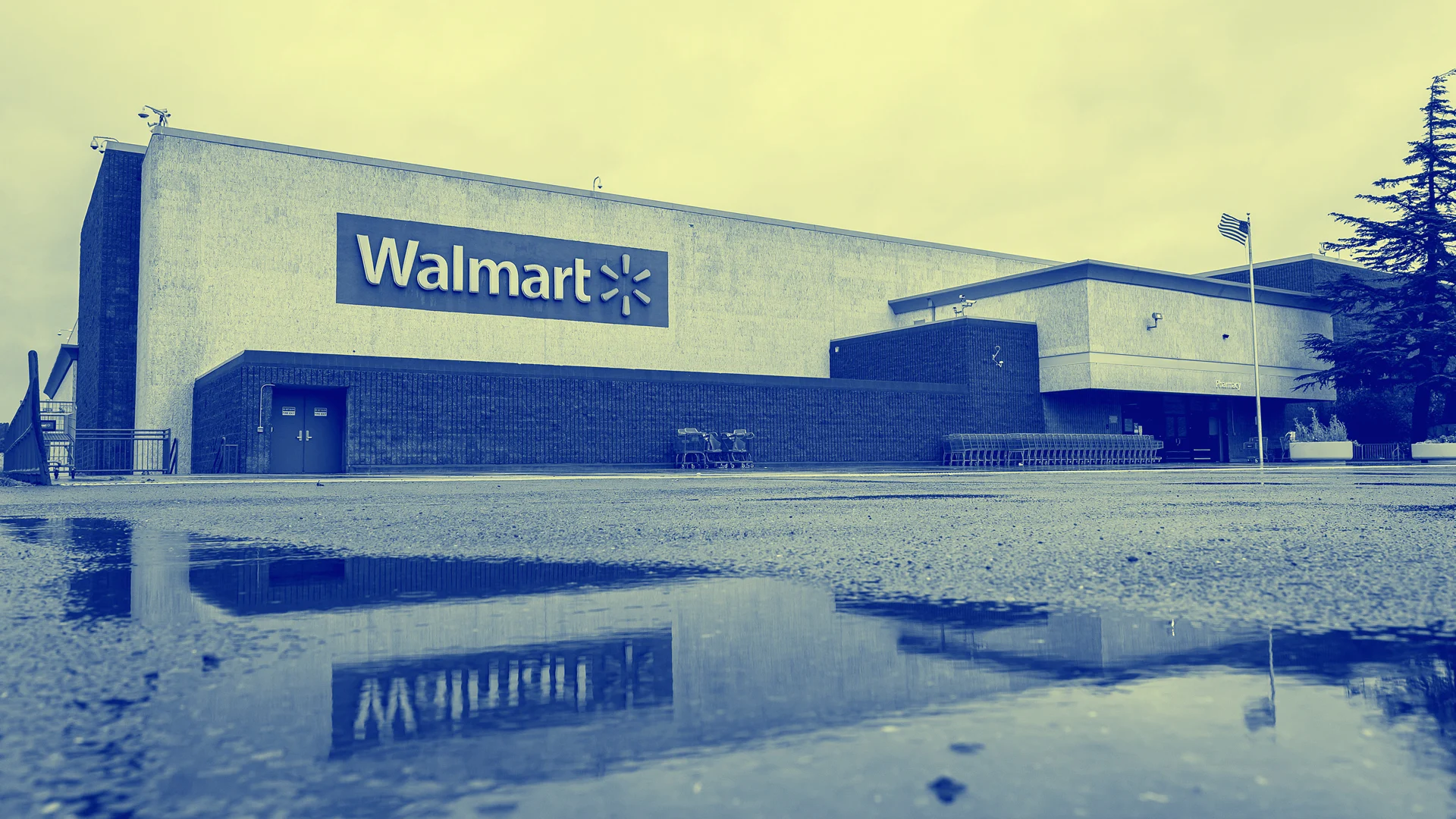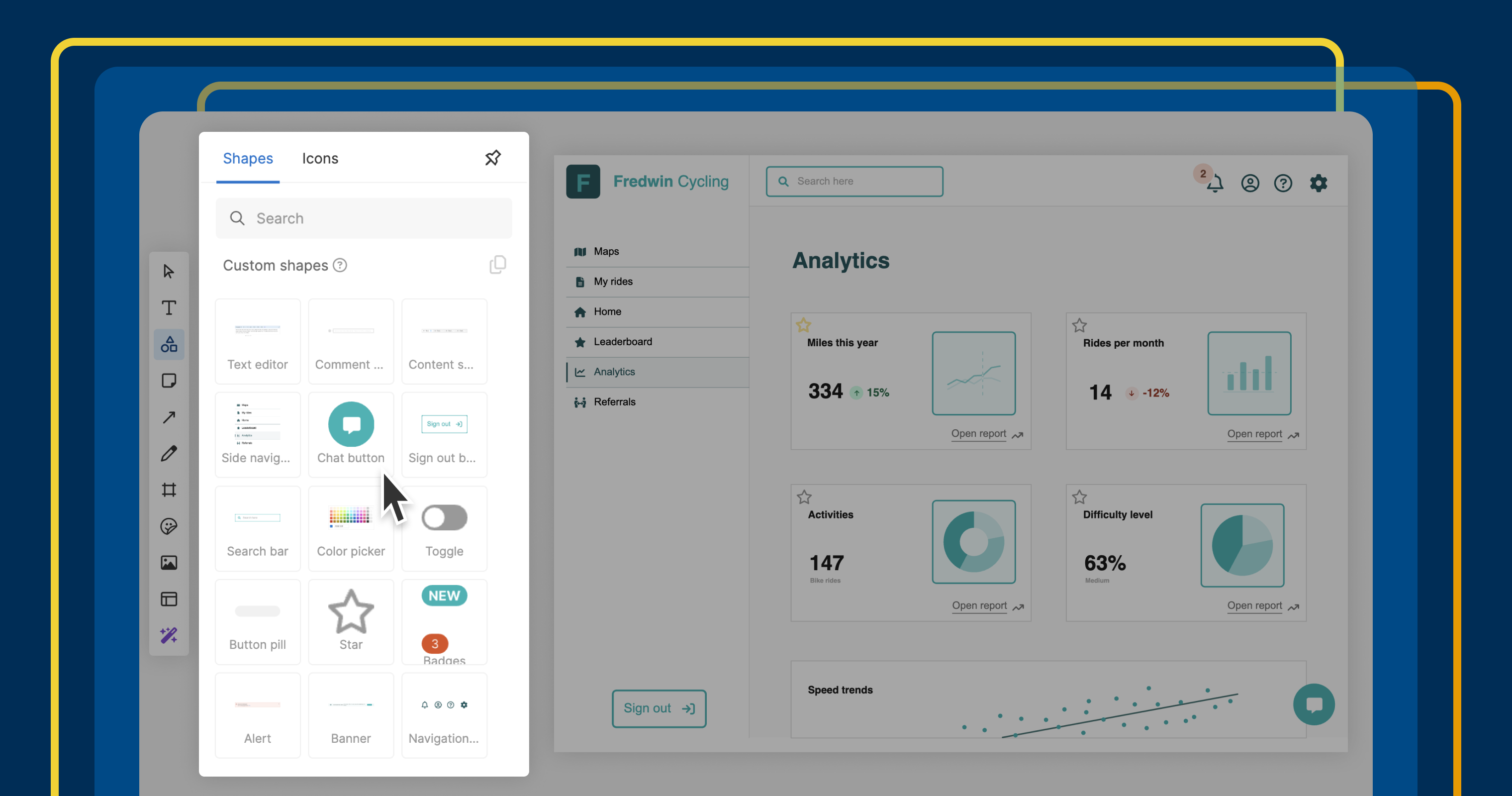How a Parking Management System Improves Urban Mobility & Parking
A Parking Management System is an integrated solution designed to manage parking facilities and ensure the optimal use of parking resources. It leverages a combination of hardware and software,

As urban areas continue to grow, one of the most pressing challenges cities face is the efficient management of parking. Congested streets, frustrated drivers, and underutilized parking lots are all symptoms of a broken system. Enter the Parking Management System—a technological solution that’s revolutionizing how we view and manage urban mobility.
What is a Parking Management System?
A Parking Management System is an integrated solution designed to manage parking facilities and ensure the optimal use of parking resources. It leverages a combination of hardware and software, including sensors, cameras, mobile applications, and centralized control systems to streamline the process of vehicle parking. This smart system not only simplifies parking for drivers but also enables operators to manage their parking assets more efficiently.
Why Cities Need Parking Management Systems
With vehicle ownership rising globally, cities are struggling to provide enough space for parking. A traditional approach often leads to chaos, misused spaces, and unnecessary fuel consumption as drivers circle the blocks in search of spots. A Parking Management System solves this by offering real-time data, automation, and enhanced monitoring, all of which lead to reduced congestion and improved user satisfaction.
Moreover, studies show that up to 30% of urban traffic is caused by drivers looking for parking. By implementing a smart system, cities can significantly reduce this waste of time and fuel, which also has a positive environmental impact.
In addition, these systems help ensure compliance with parking regulations and offer the flexibility to adapt to policy changes or urban development. As more cities prioritize smart mobility, a well-implemented Parking Management System becomes a critical tool in building efficient transportation ecosystems.
Many cities are also using these systems to promote alternative transportation methods by clearly designating parking zones for bikes, electric vehicles, and carpooling services. This type of regulation and tracking becomes nearly impossible to manage manually but is seamlessly handled through a digital, integrated platform. In this way, parking management becomes part of a larger mobility strategy rather than just a standalone service.
Key Features of an Effective Parking Management System
An efficient Parking Management System comes with several essential features that enhance both functionality and user experience:
- Real-Time Availability Tracking: Sensors and IoT technology provide live updates about parking spot availability.
- Automated Payments: Integration with mobile wallets or apps allows for contactless, quick, and secure transactions.
- License Plate Recognition (LPR): Automates entry/exit and enhances security by logging every vehicle.
- Dynamic Pricing: Adjusts parking fees based on demand, encouraging rotation and maximizing revenue.
- Data Analytics: Provides operators with insights into usage patterns, helping to make informed decisions.
These features work in harmony to make parking a smoother, more efficient experience for users and operators alike.
Benefits of Implementing a Parking Management System
There are multiple benefits to adopting a Parking Management System, both for the public and private sectors.
For City Planners and Municipalities:
- Reduced Congestion: Real-time tracking and navigation reduce traffic caused by drivers searching for parking.
- Revenue Optimization: Automated systems help track payments and reduce losses from human error or theft.
- Enhanced Urban Planning: Data analytics support infrastructure improvements and better resource allocation.
For Businesses and Private Operators:
- Better Customer Experience: Shoppers and employees appreciate seamless parking, which improves retention.
- Lower Operational Costs: Automation reduces the need for manual labor and minimizes errors.
- Improved Security: With features like surveillance integration and LPR, parking lots become safer.
For Drivers:
- Convenience: No more driving around endlessly looking for a spot.
- Time and Fuel Savings: Smart systems guide drivers directly to available spaces.
- Mobile Integration: Pay, reserve, or check availability from a smartphone.
Use Cases Across Different Sectors
The Parking Management System isn’t limited to city streets; it has wide applications across multiple sectors:
- Airports: Manage thousands of daily users with automated ticketing and LPR.
- Shopping Malls: Increase customer satisfaction with app-based reservations and validations.
- Universities: Allocate student and faculty parking more effectively.
- Hospitals: Ensure available spots for emergency and staff vehicles.
- Corporate Campuses: Improve employee punctuality and satisfaction with reserved smart parking.
How Technology Powers a Modern Parking Management System
Technology is the backbone of any successful Parking Management System. Components include:
- Internet of Things (IoT): Sensors embedded in the ground detect if a spot is occupied or vacant.
- Cloud Computing: Data is stored and processed in real-time, accessible from anywhere.
- AI & Machine Learning: Predicts parking trends, automates ticketing, and prevents fraud.
- Mobile Apps: Offer user-friendly interfaces for locating, reserving, and paying for parking.
As these technologies continue to evolve, the systems become even more efficient and capable.
Overcoming Challenges in Implementation
Despite its benefits, implementing a Parking Management System comes with its own set of challenges:
- Cost: Initial setup can be expensive, although long-term savings usually justify the investment.
- Integration: Legacy systems and infrastructure may need to be upgraded.
- User Adoption: Public education and awareness campaigns are necessary to encourage use.
However, many municipalities and organizations find that the return on investment (ROI) outweighs the hurdles. Government incentives and smart city initiatives also often provide funding to ease the burden.
The Role of Parking Management in Smart Cities
Smart cities are built on the principles of efficiency, sustainability, and technology-driven infrastructure. A Parking Management System fits perfectly into this vision by:
- Reducing carbon emissions from idling vehicles
- Improving traffic flow and public transport integration
- Leveraging data to continuously refine policies
In addition to infrastructure enhancements, these systems foster better citizen engagement. Residents can easily report issues, receive updates, or find nearby parking—all from a central mobile application. It transforms parking from a hassle into a streamlined part of daily life.
As we move toward more connected and intelligent cities, parking systems are no longer optional—they're essential.
Conclusion
The growing demands of urbanization require smart solutions, and a Parking Management System delivers just that. By optimizing space, improving traffic conditions, reducing environmental impact, and enhancing user experience, it serves as a cornerstone for modern mobility infrastructure.
Whether you’re a city official looking to upgrade urban planning, a business owner wanting better customer service, or a developer eyeing future-ready tech investments, embracing a Parking Management System is a step in the right direction. As cities strive to become more livable and sustainable, smart parking will no longer be a luxury—it will be a necessity.
























































































































![Are AI Chatbots Replacing Search Engines? AI vs Google [New Research]](https://www.orbitmedia.com/wp-content/uploads/2025/05/How-often-are-we-using-AI-chatbots_.webp)

































